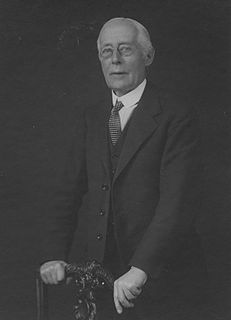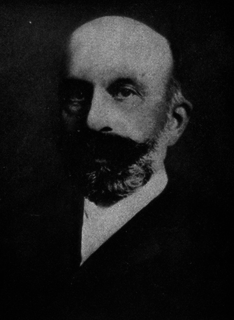A Quote by Eavan Boland
The nineteenth century, especially the second half of it, was a time of restatement in Ireland. After the famine, after the failed rebellions of the Forties and Sixties, the cultural and political desires for self-determination began to shape each other in a series of riffs on independence and identity.
Related Quotes
Given that the nineteenth century was the century of Socialism, of Liberalism, and of Democracy, it does not necessarily follow that the twentieth century must also be a century of Socialism, Liberalism and Democracy: political doctrines pass, but humanity remains, and it may rather be expected that this will be a century of authority ... a century of Fascism. For if the nineteenth century was a century of individualism it may be expected that this will be the century of collectivism and hence the century of the State.
Perhaps the best testimony to the effectiveness of the reforms of 1852 is the fact, that men of a slightly later generation, familiar with the working of the courts half a century after, find it difficult to believe that such abuses as are plainly described by the legislation of that year, should really have existed in the middle of the nineteenth century.
Early love is exciting and exhilarating. It's light and bubbly. Anyone can love like that. But after three children, after a separation and a near-divorce, after you've hurt each other and forgiven each other, bored each other and surprised each other, after you've seen the worst and the best-- well, that sort of love is ineffable. It deserves its own word.
Blackness also has positive dimensions, those that bear the political meanings of African American people, among other blacks, who have struggled for self-determination and freedom for centuries. The absence of such an identity doesn't automatically guarantee that we will be free of the images and ideals that fuel stereotypes about black identity. Changing the name will not alter the reality.
They were still in the happier stage of love. They were full of brave illusions about each other, tremendous illusions, so that the communion of self with self seemed to be on a plane where no other human relations mattered. They both seemed to have arrived there with an extraordinary innocence as though a series of pure accidents had driven them together, so many accidents that at last they were forced to conclude that they were for each other. They had arrived with clean hands, or so it seemed, after no traffic with the merely curious and clandestine.






































